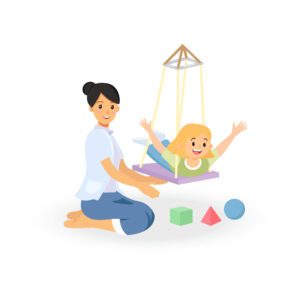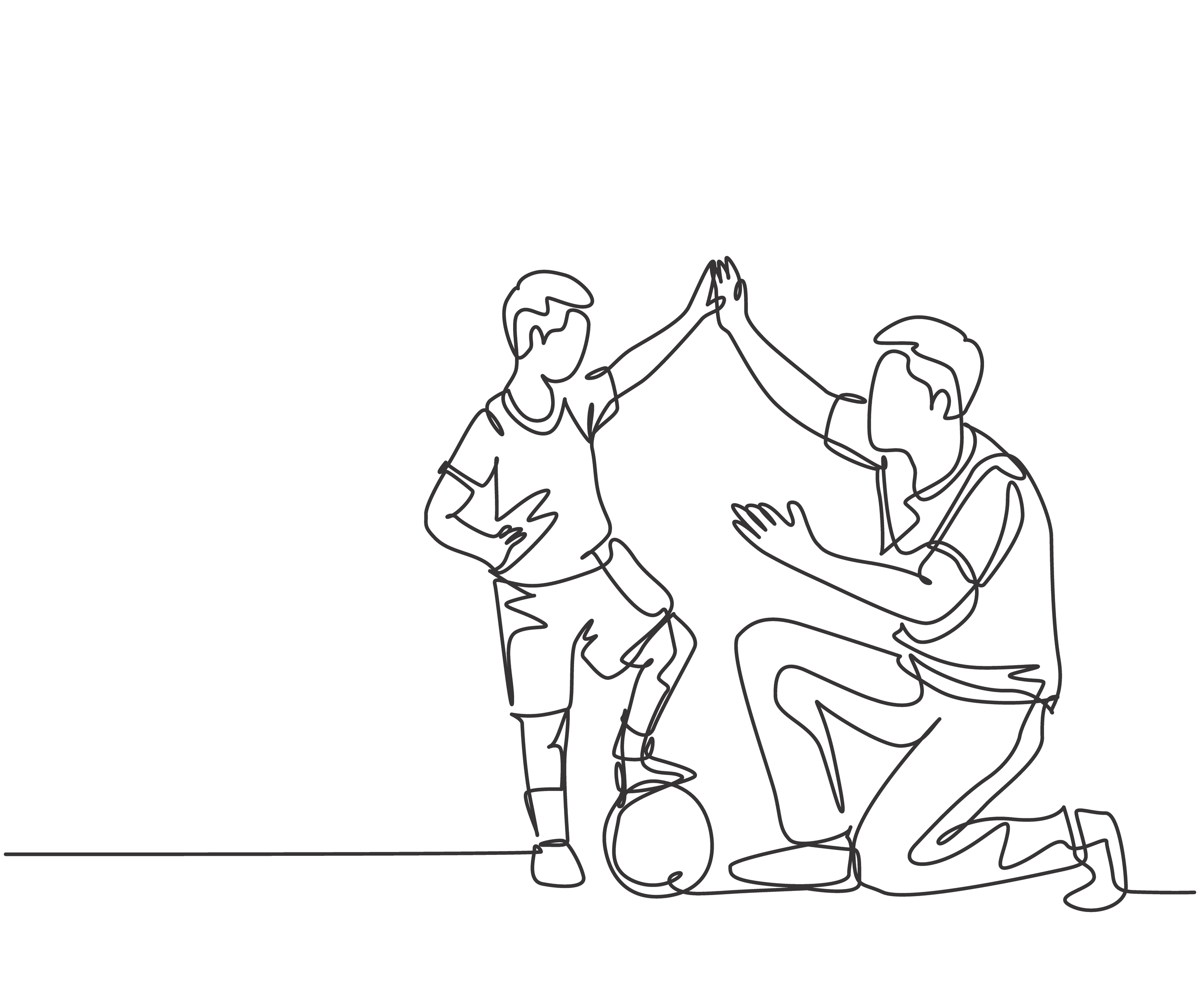The Hidden Impact of Non-Integrated Reflexes on Child Development
July 24, 2024
The Hidden Impact of Non-Integrated Reflexes on Child Development
What are Non-Integrated Reflexes?
As parents, educators, and healthcare providers, we all strive to support the development of children and the younger generation. One often overlooked aspect that can significantly impact a child’s growth and daily functioning are non-integrated reflexes. Primitive reflexes are involuntary motor responses that are present at birth and assist with infant survival and development. Examples include the rooting and sucking reflexes which both assist with a child’s feeding.
In early childhood, these reflexes play a crucial role in developing motor skills, coordination, and sensory processing. When certain reflexes are retained and do not integrate properly, it can lead to a number of developmental delays, and occupational performance deficits specifically regarding a child’s education and learning. Understanding non-integrated reflexes is essential for anyone involved in child development and education.
The Hidden Impact of Non-Integrated Reflexes on Learning and Daily Activities in Children
Non-integrated Moro Reflex
Non-integrated reflexes can pose significant challenges in a child’s academic life. For instance, a persistent Moro reflex, also known as the startle reflex, can lead to heightened sensitivity to sensory stimuli. This heightened sensitivity may lead to behaviors that are viewed as negative in the classroom, such as difficulty focusing, poor impulse control, mood swings, irritability, aggressiveness, and anxiety. All of these behaviors will impact a child’s ability to focus within the classroom and may result in misinterpretation or misdiagnosis of a child. Other sensory sensitivities that may occur as a result of a retained Moro reflex are tactile defensiveness, decreased tone and coordination. Children may express an inability to tolerate certain clothing tags and textures which can hinder their focus and ability to learn throughout the school day, while children with decreased coordination may express difficulties maintaining an upright posture when sitting in the classroom or participating in gym class and recess activities.
Non-Integrated Asymmetrical Tonic Neck Reflex (ATNR)
A retained Asymmetrical Tonic Neck Reflex (ATNR) can result in difficulties crossing the midline and visually tracking. Crossing the midline and visually tracking are two important skills that contribute greatly to reading and writing. A retained ATNR would interfere with reading and writing tasks which would greatly impact a child’s participation in most school activities (Gieysztor, 2018). Difficulty reading and writing will likely impact a child’s grades and occupational performance within the school and other environments.. The Asymmetrical Tonic Neck Reflex is also a precursor to the development of hand-eye coordination, and bilateral coordination; therefore, a retained ATNR in a child may present itself as motor coordination issues and/or postural issues. This could be demonstrated with a child laying their head on an extended arm when at their desk, and having difficulty maintaining focus during class. Similarly to an unintegrated Moro reflex, a non-integrated ATNR can also lead to sensory processing issues and other associated behaviors. The ATNR is crucial to many aspects of a child’s development and therefore this nonintegrated reflex can contribute to many issues within various environments, specifically the school and learning environment.
Can Non-Integrated Reflexes Cause Behavioral Issues?
Children with non-integrated reflexes may also exhibit behavioral issues. For example, the retained Spinal Galant reflex is closely related to the vestibular system and may present itself as a child with movement, coordination, and postural issues. These issues may consist of excessive fidgeting, hypersensitivity to clothing and other tactile input specifically in the lower lumbar region, difficulty controlling their bladder, and difficulty maintaining attention and focus. When observed in a classroom setting, these behaviors may be misinterpreted as hyperactivity or inattentiveness, leading to frustration for both the children and their caregivers. As previously mentioned, the ATNR and Moro reflexes can also contribute to difficulties with sensory processing which may present with behavioral issues in the classroom and at home.
How do Non-Integrated Reflexes Affect Daily Activities in Children?
On a daily basis, non-integrated reflexes can affect essential daily activities such as dressing, feeding, and participating in physical play. A child with a retained Tonic Labyrinthine Reflex (TLR) might struggle with balance and coordination, and may walk on their toes, making it challenging to engage in sports or playground activities. These difficulties can impact the child’s self-esteem and social interactions.
Common Non-Integrated Moro Reflex Signs and Symptoms
- Impact: Also known as the startle reflex. When the baby is startled, they will flail their arms outwards with their palms open, followed by a deep breath or cry response.
- Behavioral Signs: Heightened sensitivity, difficulty focusing poor impulse control, mood swings, irritability, aggressiveness, anxiety, tactile defensiveness, decreased tone and coordination.
Common Non-Integrated ATNR (Asymmetrical Tonic Neck Reflex) Signs and Symptoms
- Impact: Also known as the “Fencer’s Pose.” When a child’s head is turned to one side, the arm and leg on the ipsilateral side will extend, while the opposite side will flex. This develops hand-eye coordination, bilateral coordination, visual attention and awareness to the upper extremity, and right-left discrimination.
- Behavioral Signs: Difficulty reading, writing, and crossing the midline, poor eye tracking, difficulty with right-left discrimination, motor coordination and bilateral coordination issues, postural control issues.
Common Non-Integrated Spinal Galant Reflex Signs and Symptoms
- Impact: This reflex acts as a precursor for crawling and walking as it develops hip movement. To initiate this reflex, suspend the child in a prone position and then touch the lower spine, and trunk rotation will occur.
- Behavioral Signs: Fidgeting, inattention, hypersensitivity to tactile input specifically in the lower lumbar region, difficulting controlling urinary bladder/bedwetting,
Common Non-Integrated TLR (Tonic Labyrinthine Reflex) Signs and Symptoms
- Impact: This reflex initiates full body flexion and extension, and aids in the development of postural control, coordination, muscle tone and head movements.
- Behavioral Signs: Poor posture, toe walking, challenges creeping or crawling as an infant, poor ocular motor skills, auditory processing difficulties, balance and coordination difficulties.
The Importance of Early Detection and Intervention of Non-Integrated Reflexes in Children
Early detection and intervention are crucial in addressing non-integrated reflexes. Identifying these issues early allows targeted therapies to address potential effects of retained reflexes before they contribute to social emotional, academic, and motor learning issues, thus interfering with daily life and occupations.
How Can Occupational Therapists Help With Non-Integrated Reflex?
Occupational therapists play a key role in this process by conducting assessments and creating individualized intervention plans. Occupational therapists are trained to focus on the context of motor and sensory processing in relation to retained primitive reflexes in order to address underlying issues and to promote skill development to target a child’s roles and occupations. Exercises that target postural control and strengthening, as well as other assistive therapies such as vision therapy and yoga, can help target retained reflexes in children.
An occupational therapist will tailor these interventions to the child and their specific needs, as well as educate the family, caregivers, and/or educators in a way that will promote carryover to the home and classroom settings.
Strategies for Supporting Children with Non-Integrated Reflexes for Parents
- Create a Sensory-Friendly Environment: Create spaces in the home with minimal sensory input, noise canceling headphones, specialized lights, access to sensory toys and fidgets.
- Encourage Physical Activities: Games that involve gross motor movements, obstacle courses, heavy work activities at home such as carrying a laundry basket, bear crawl, wheelbarrow exercises, etc.
- Monitor Progress: Observe and keep a log of behaviors and symptoms, communicate with teachers, educators and other team members, zones of regulation.
Strategies for Supporting Children with Non-Integrated Reflexes for Educators
- Adapt Classroom Settings: Provide access to noise canceling headphones, wobble cushion and chair band, various seating options for postural control and support during table time and carpet time, appropriate seating locations.
- Incorporate Movement Breaks: Brain breaks and YouTube videos in between subjects, sensory pathway if available, jumping jacks and stretch breaks.
- Collaborate with Specialists: Direct and indirect communication with involved team members, planning, establishing roles and responsibilities
Insights from Occupational Therapists About Non-Integrated Reflexes
Occupational therapists emphasize the importance of taking a holistic approach and looking at the entire person in order to help individuals reach their full potential. In children, a crucial aspect to focus on is development. Focusing on a child’s development and non-integrated reflexes will not only address academic challenges, but will also enhance overall well-being. Occupational therapists can work together with other therapies and specialties such as physical therapy, vision therapy, and yoga, in order to target retained reflexes and their effects.
Non-integrated reflexes can have a profound impact on a child’s development, affecting their learning, behavior, and daily activities. By understanding these reflexes and their effects, parents, educators, and healthcare providers can work together to provide the necessary support and interventions to address this issue. Early detection and targeted therapies offer hope and progress for children struggling with non-integrated reflexes, helping them reach their full potential.
If you suspect that a child in your care may be affected by non-integrated reflexes, don’t hesitate to seek professional guidance. Addressing these challenges early can make a world of a difference, paving the way for a brighter, more successful future.
References
Gieysztor, E., Choinska, A., & Paprocka-Borowicz, M. (2018). Persistence of primitive reflexes and associated motor problems in healthy preschool children. Archives of Medical Science, 167-173. https://10.5114/aoms.2016.60503.org
Hill, J. (2021, September 1). What is the spinal galant reflex? Halarka. https://harkla.co/blogs/
special-needs/spinal-galant-reflex
Johnson, K. (n.d.). Integrating tonic labrynthine reflex: An exercise for children with learning disabilities. Pesi Rehab. https://rehab.pesi.com/blog/details/989/integrating-tonic-labyrinthine-reflex-an-exercise-for#:~:text=When%20TLR%20is%20retained%20and,uncomfortable%20for%20a%20learning%20child
Lecce, J. (2018, April 5). Retained primitive Moro reflex effect on development. Intermountain.
https://www.intermountain.org/retained-primitive-moro-reflex-effect-on-development/#:~:text=A%20child%20with%20a%20retained,movements%2C%20decreased%20visual%20perception%20
By: Kristen Sellars, OTR
Reviewed by the DrSensory Team











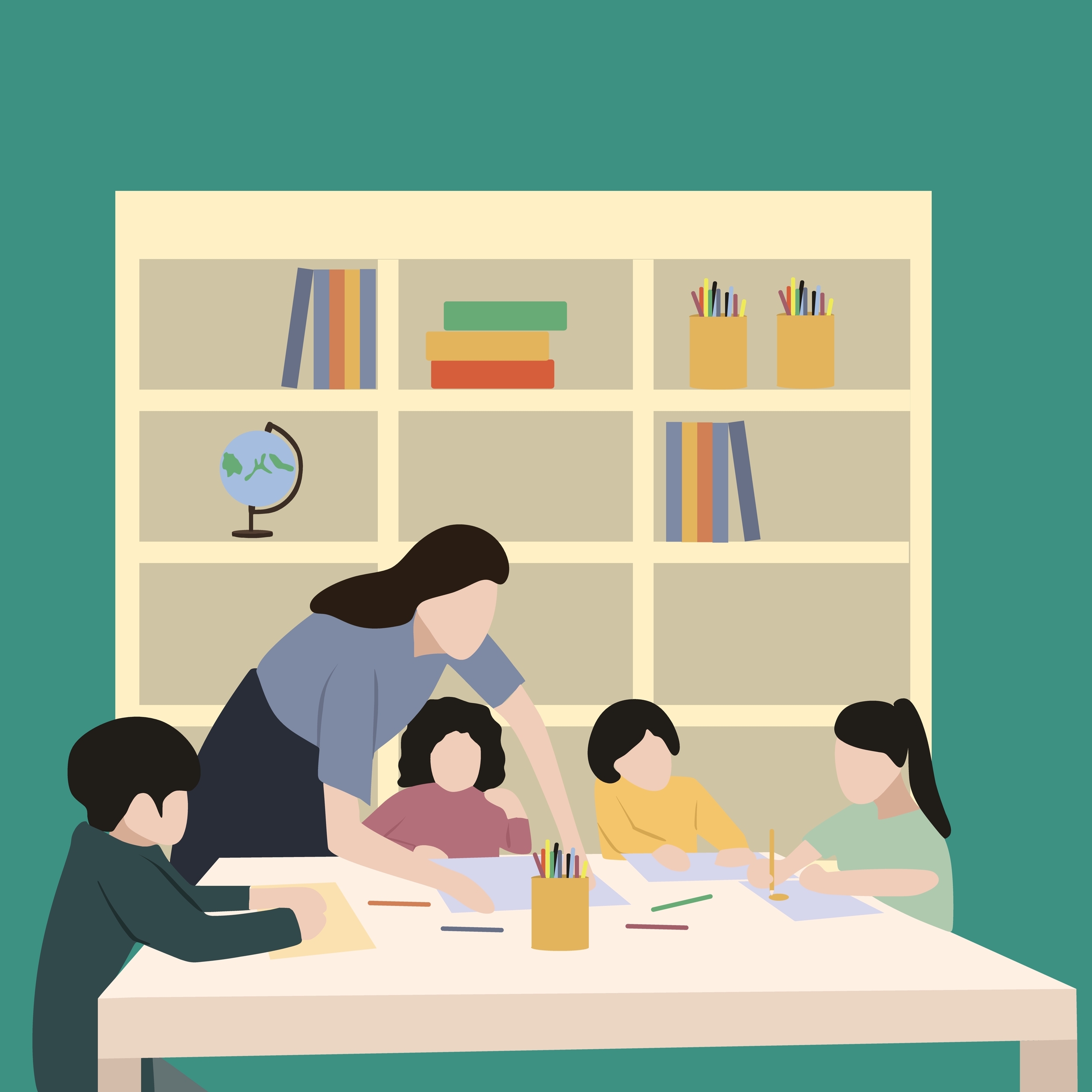






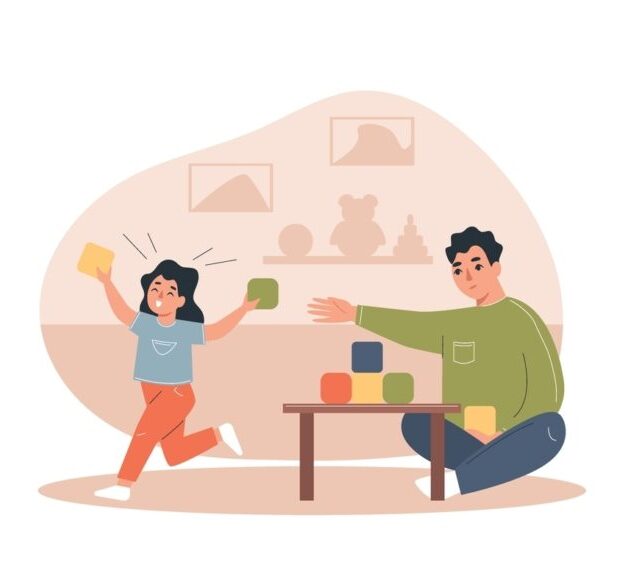



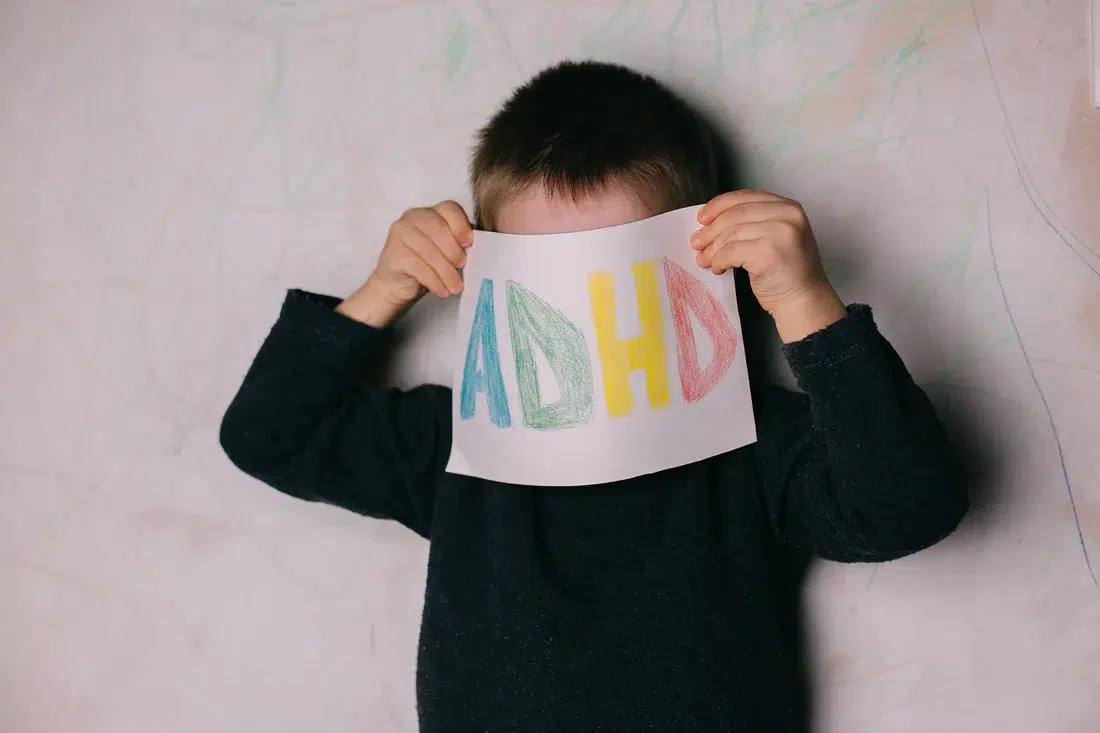




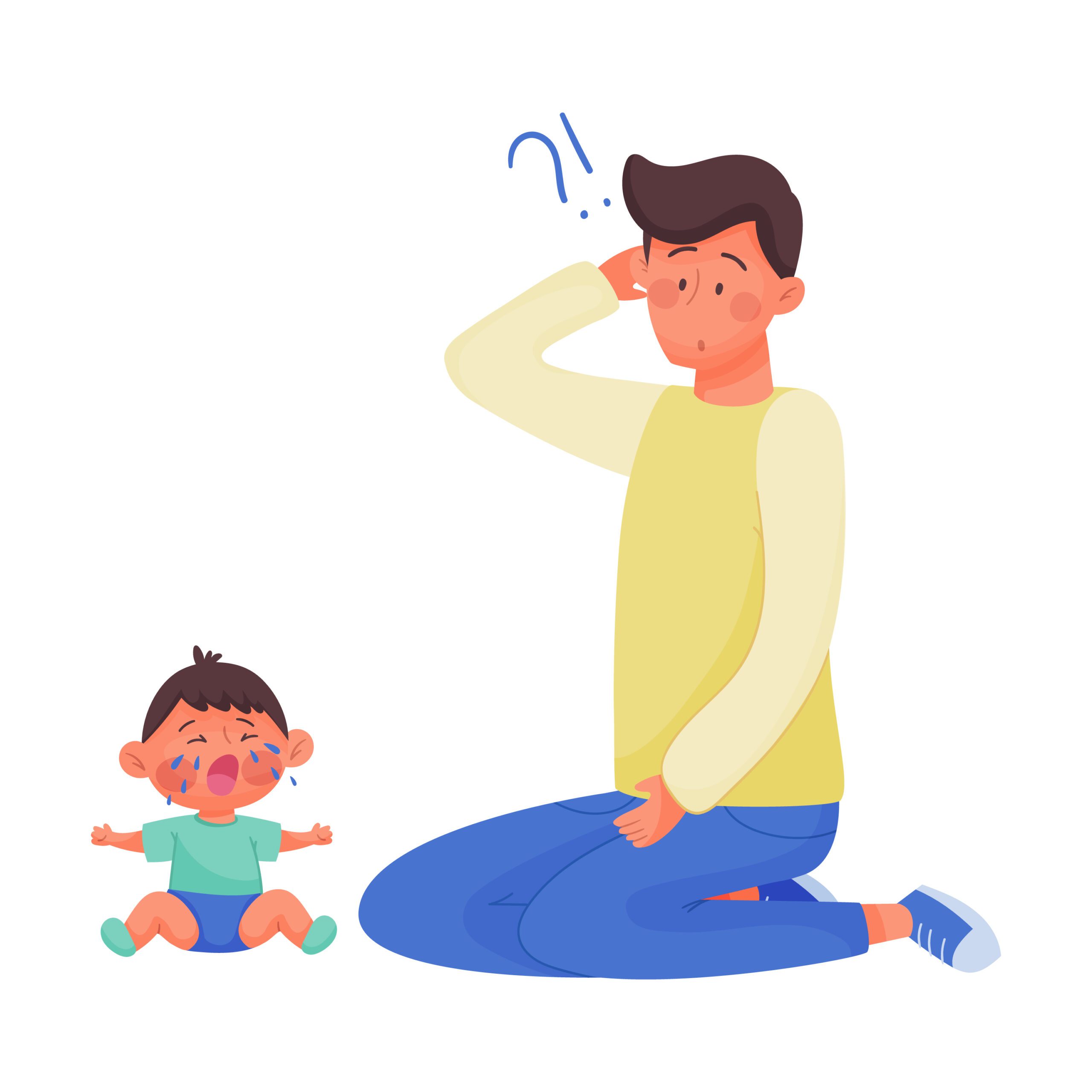
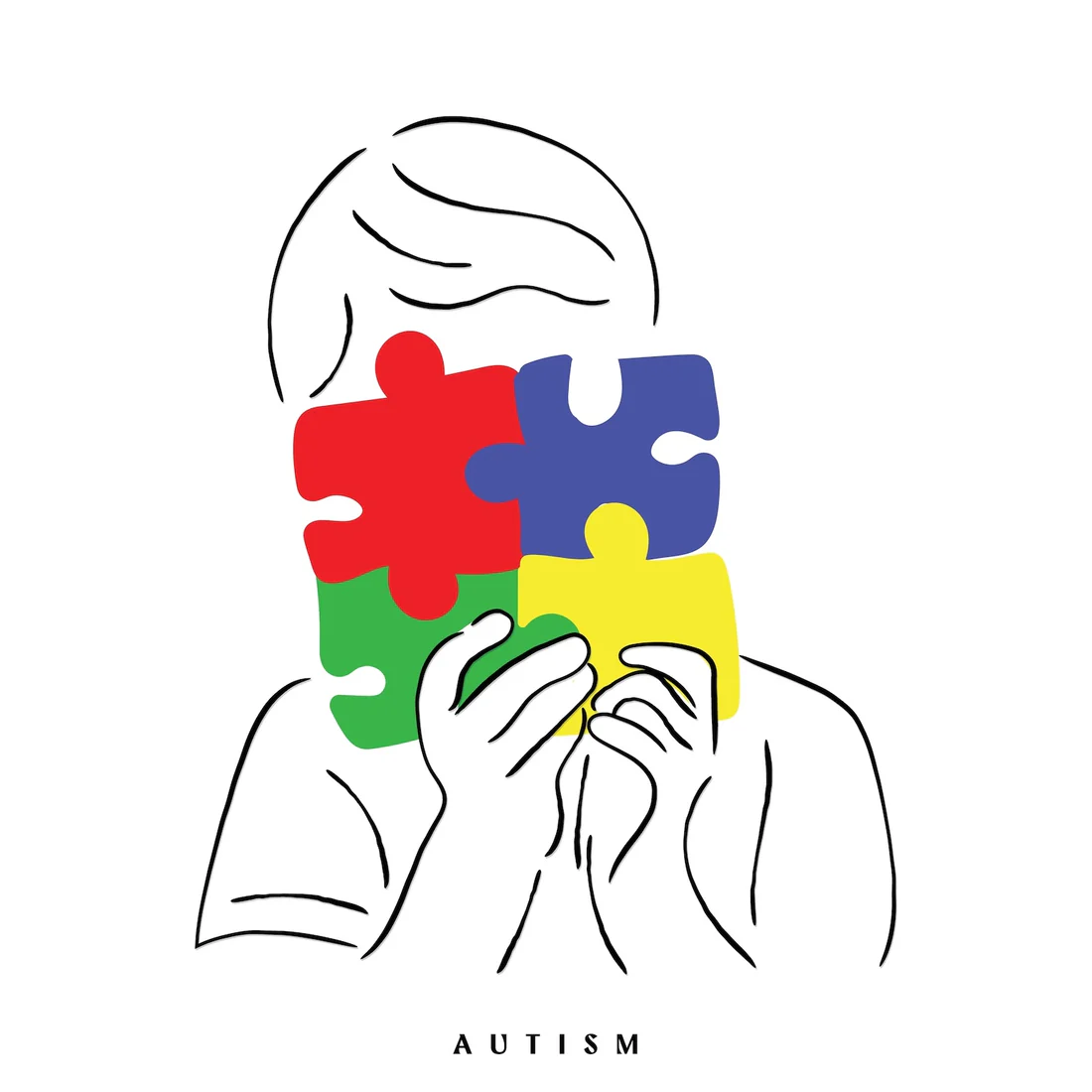
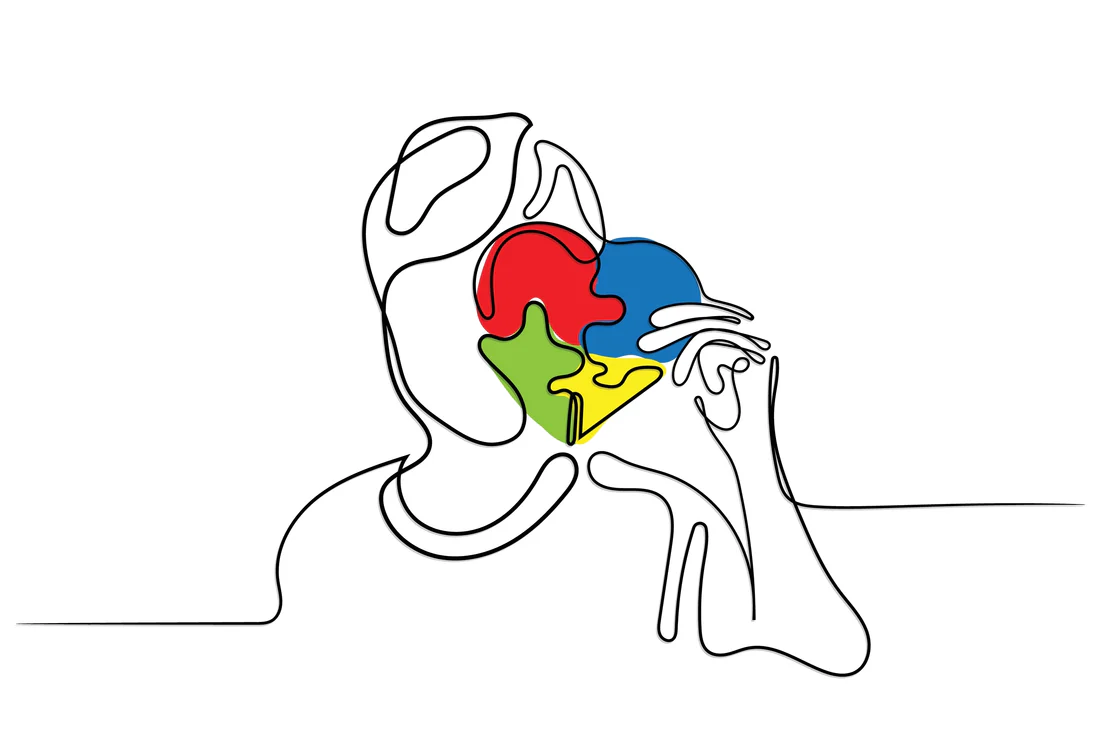










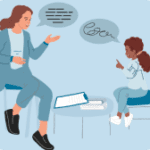 Speech Therapy
Speech Therapy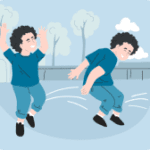 Physical Therapy
Physical Therapy Occupational Therapy
Occupational Therapy